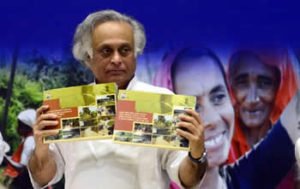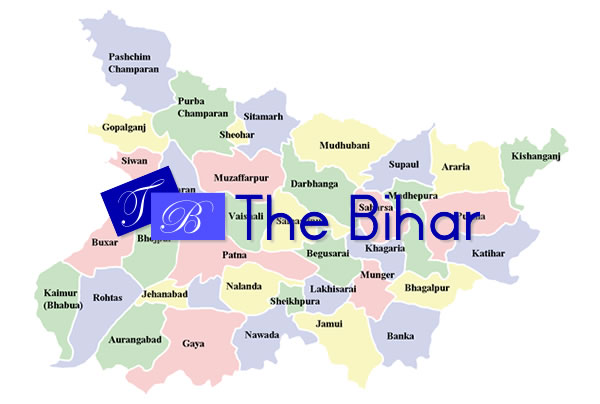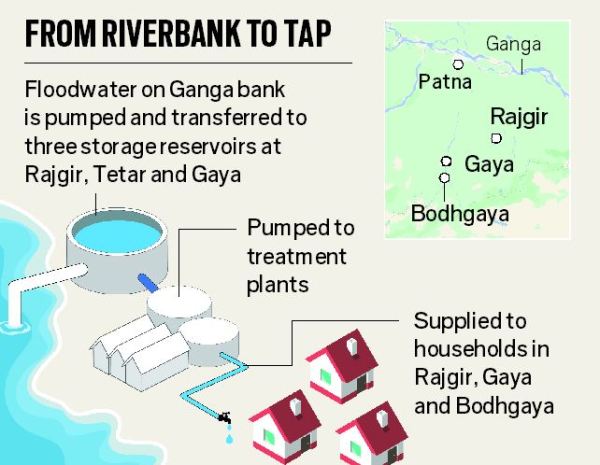MGNREGS wage rate to go up from April
2 min read
Courtesy: The Hindu
Minister for Rural Development Jairam Ramesh on Sunday said that the wage rate of UPA’s flagship MGNREGA will be increased from April this year due to inflation. The notification will be placed before Parliament in the coming session scheduled to begin this week.
Addressing the 9th MGNREGA Divas, the Minister said MGNREGA wage rate has already been linked to Consumer Price Index and the yearly revision follows from it. Mr. Ramesh acknowledged that there is need for parity in the MGNREGA wage rate and the minimum wage in nearly 14 States including Bihar and Jharkhand, where the rural job wage is lower than minimum wage.
The Minister also encouraged the officials to motivate and help small and marginal farmers to undertake land levelling and irrigation schemes on their land under MGNREGA and lamented that only 10 per cent farmers have so far benefited from this provision.
Minister of State for Rural Development Pradeep Jain Aditya said that MGNREGA has brought about a revolution in rural India and stopped distress migration from rural to urban areas. He noted that this year more than 3 crore 80 lakh families have benefitted so far. While Mr. Jain acknowledged that fighting corruption in its implementation is a big challenge he asserted that it is the responsibility of the State governments.
“At the moment there is a decline and it is a slightly dull phase for MGNREGA but the programme has huge potential to go beyond just employment generation,” Jean Dreze, eminent economist and activist told The Hindu. Mr. Dreze acknowledged that there are bottlenecks in ensuring timely payment of wages, improving the quality of works. However, he noted that there has been decline in corruption and an increase in transparency. Referring to asset creation, a primary focus of the scheme, Mr. Dreze cited the example of MGNREGA works in Jharkhand on private land, such as land levelling and construction of wells that are also productive.
Mihir Shah, member, Planning Commission, said that in the last three to four years MGNREGA has been made more flexible and about 30 new works were added as per State specifications. He said, social audit has checked corruption to a large extent and with full implementation of Direct Benefits Transfer, the role of middlemen will be abolished.
Courtesy: The Hindu


